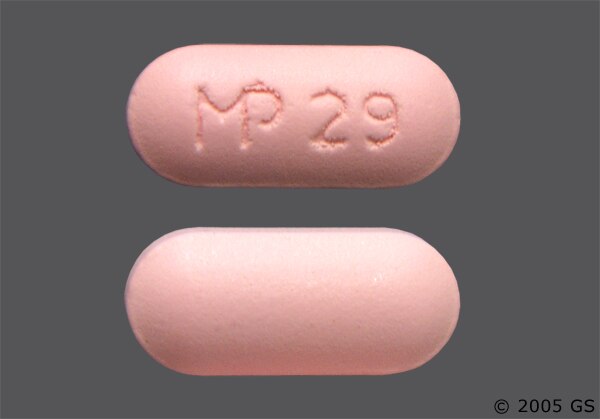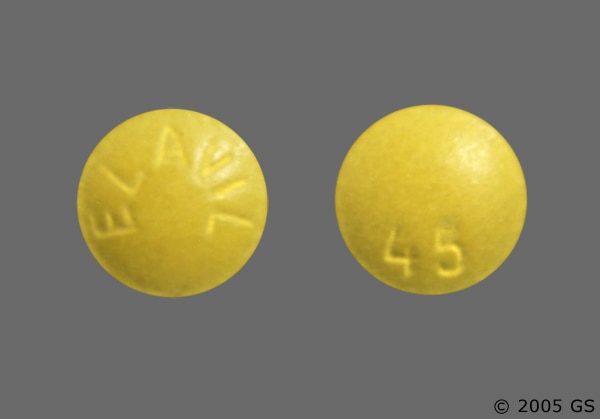150mg amitriptyline daily
In addition, some individuals might succumb to suicidal thoughts or other irrational behaviors which might get worse with time. It is best to give proper care and consistent monitoring of these cases. Patients that experience changes in their heart rhythm, seizures, or hallucinations should immediately contact their health care provider.
The dose of this drug is different for every patient. It is important to adhere to your doctor's instructions and the directions on the label. In addition, the amount and duration of medication that an individual consumes will depend on the drug's strength and the individual's situation. Amitriptyline must be prescribed from a doctor and comes in pill form with 10, 25, 50, 75, and mg strengths dosages. Very rare cases of serotonin syndrome SS have been reported with amitriptyline hydrochloride in combination with other drugs that have a recognized association with SS.
Multiple drug ingestion including alcohol is common in deliberate tricyclic antidepressant overdose. As the management is complex and changing, it is recommended that the physician contact a poison control center for current information on treatment. Signs and symptoms of toxicity develop rapidly after tricyclic antidepressant overdose, therefore, hospital monitoring is required as soon as possible. Manifestations Critical manifestations of overdose include: Changes in the electrocardiogram particularly in QRS axis or width, are clinically significant indicators of tricyclic antidepressant toxicity.
In addition, a rightward axis shift in the terminal QRS complex together with a prolonged QT interval and sinus tachycardia are specific and sensitive indicators of first generation tricyclic overdose.
The absence of these findings is not exclusionary. Other signs of overdose may include: If signs of toxicity occur at any time during the period extended monitoring is required.
There are case reports of patients succumbing to fatal dysrhythmias late after overdose; these patients had clinical evidence of significant poisoning prior to death and most received inadequate gastrointestinal decontamination.
Monitoring of plasma drug levels should not guide management of the patient. Gastrointestinal Decontamination All patients suspected of tricyclic antidepressant overdose should receive gastrointestinal decontamination. This should include, large volume gastric lavage followed by activated charcoal.
If consciousness is impaired, the airway should be secured prior to lavage. Intravenous sodium bicarbonate should be used to maintain the serum pH in the range of 7. If the pH response is inadequate, hyperventilation may also be used.
Concomitant use of hyperventilation and sodium bicarbonate should be done with extreme caution, with frequent pH monitoring. Type 1 A and 1 C antiarrhythmics are generally contraindicated e. In rare instances, hemoperfusion may be beneficial in acute refractory cardiovascular instability in patients with acute toxicity. However, hemodialysis, peritoneal dialysis, exchange transfusions, and forced diuresis generally have been reported as ineffective in tricyclic antidepressant poisoning.
Seizures should be controlled with benzodiazepines, or if these are ineffective, other anticonvulsants e. Physostigmine is not recommended except to treat life-threatening symptoms that have been unresponsive to other therapies, and then only in consultation with a poison control center. Psychiatric Follow-up Since overdosage is often deliberate, patients may attempt suicide by other means during the recovery phase. Psychiatric referral may be appropriate.
Pediatric Management The principles of management of pediatric and adult overdosages are similar. It is strongly recommended that the physician contact the local poison control center for specific pediatric treatment.
Initial Dosage for Adults For outpatients, 75 mg of amitriptyline HCl a day in divided doses is usually satisfactory. If necessary, this may be increased to a total of mg per day. A sedative effect may be apparent before the antidepressant effect is noted, but an adequate therapeutic effect may take as long as 30 days to develop. An alternate method of initiating therapy in outpatients is to begin with 50 to mg amitriptyline HCl at bedtime.
This may be increased by 25 or 50 mg as necessary in the bedtime dose to a total of mg per day. Hospitalized patients may require mg a day initially. This can be increased gradually to mg a day if necessary. A small number of hospitalized patients may need as much as mg a day. Adolescent and Elderly Patients In general, lower dosages are recommended for these patients. Ten mg 3 times a day with 20 mg at bedtime may be satisfactory in adolescent and elderly patients who do not tolerate higher dosages.
Maintenance The usual maintenance dosage of amitriptyline HCl is 50 to mg per day. In some patients, 40 mg per day is sufficient.
For maintenance therapy, the total daily dosage may be given in a single dose, preferably at bedtime. When satisfactory improvement has been reached, dosage should be reduced to the lowest amount that will maintain relief of symptoms. It is appropriate to continue maintenance therapy 3 months or longer to lessen the possibility of relapse. Plasma Levels Because of the wide variation in the absorption and distribution of tricyclic antidepressants in body fluids, it is difficult to directly correlate plasma levels and therapeutic effect.
However, determination of plasma levels may be useful in identifying patients who appear to have toxic effects and may have excessively high levels, or those in whom lack of absorption or noncompliance is suspected. Because of increased intestinal transit time and decreased hepatic metabolism in elderly patients, plasma levels are generally higher for a given oral dose of amitriptyline hydrochloride than in younger patients. Elderly patients should be monitored carefully and quantitative serum levels obtained as clinically appropriate.
Concurrent administration of amitriptyline hydrochloride and electroshock therapy may increase the hazards associated with such therapy. Such treatment should be limited to patients for whom it is essential. When possible, the drug should be discontinued several days before elective surgery. Both elevation and lowering of blood sugar levels have been reported.
Amitriptyline hydrochloride should be used with caution in patients with impaired liver function. Information For Patients Prescribers or other health professionals should inform patients, their families, and their caregivers about the benefits and risks associated with treatment with amitriptyline hydrochloride tablets and should counsel them in its appropriate use.
The prescriber or health professional should instruct patients, their families, and their caregivers to read the Medication Guide and should assist them in understanding its contents. Patients should be given the opportunity to discuss the contents of the Medication Guide and to obtain answers to any questions they may have. The complete text of the Medication Guide is reprinted at the end of this document.
Patients should be advised of the following issues and asked to alert their prescriber if these occur while taking amitriptyline hydrochloride tablets. Patients should be advised that taking amitriptyline hydrochloride tablets can cause mild papillary dilation, which in susceptible individuals, can lead to an episode of angle-closure glaucoma. Preexisting glaucoma is almost always open-angle glaucoma because angle-closure glaucoma, when diagnosed, can be treated definitively with iridectomy.
Open-angle glaucoma is not a risk factor for angle-closure glaucoma. Patients may wish to be examined to determine whether they are susceptible to angle closure, and have a prophylactic procedure e. Clinical Worsening And Suicide Risk Patients, their families, and their caregivers should be encouraged to be alert to the emergence of anxiety, agitation, panic attacks, insomnia, irritability, hostility, aggressiveness, impulsivity, akathisia psychomotor restlessness , hypomania, mania, other unusual changes in behavior, worsening of depression, and suicidal ideation, especially early during antidepressant treatment and when the dose is adjusted up or down.
Families and caregivers of patients should be advised to look for the emergence of such symptoms on a day-to-day basis, since changes may be abrupt. Such symptoms should be reported to the patient's prescriber or health professional, especially if they are severe, abrupt in onset, or were not part of the patient's presenting symptoms.
Symptoms such as these may be associated with an increased risk for suicidal thinking and behavior and indicate a need for very close monitoring and possibly changes in the medication. Anyone considering the use of amitriptyline hydrochloride tablets in a child or adolescent must balance the potential risks with the clinical need. Geriatric Use Clinical experience has not identified differences in responses between elderly and younger patients.
I had been taking 100 - 150mg of amitriptyline daily for

Amitriptyline

I am on 150mg amitriptyline was put on 60mg of paxil along

Tags: buy aldara cream over the counter cheap lotrel prices buy generic zithromax is 100mg of promethazine too much